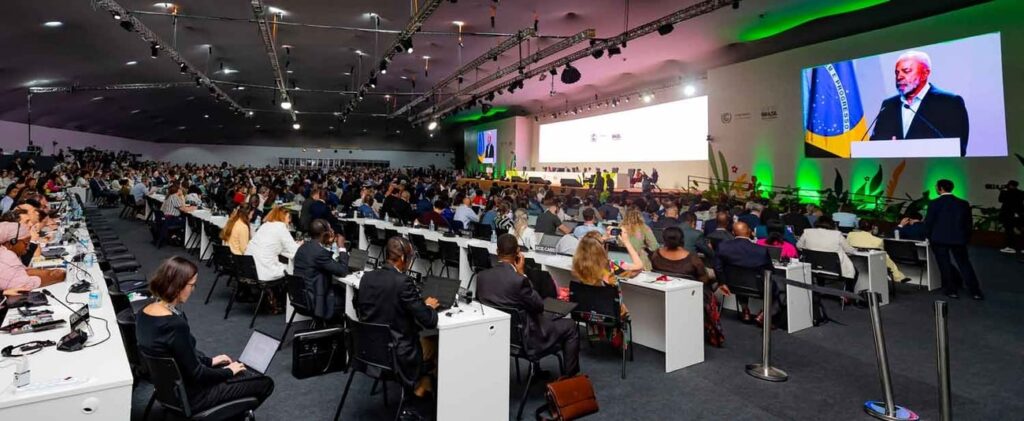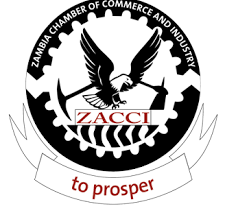COP30 Opens with Major Pledges on Climate Resilience from Multilateral Banks
Multilateral development banks (MDBs) have reaffirmed their commitment to climate finance, announcing plans to scale up innovative funding for climate adaptation and resilience. The pledge was made on the opening day of the 30th United Nations Climate Change Conference (COP30) in Belém, Brazil, which runs from 10 to 21 November.
Speaking at a side event organised by the Climate Investment Funds (CIF), senior MDB officials stressed that investing in climate resilience is not a financial burden, but a long-term economic opportunity.
“Financing climate resilience is not a cost, but an investment,” officials noted at the close of the event.
During a high-level panel titled “Accelerating large-scale climate change adaptation”, MDBs outlined how they are mobilising substantial resources to support countries most vulnerable to climate shocks. Institutions represented included the African Development Bank Group, Inter-American Development Bank, World Bank Group, Asian Development Bank, European Investment Bank, Islamic Development Bank and others.
Ilan Goldfajn, President of the Inter-American Development Bank Group, said MDBs are set to triple financing for resilience over the next decade, reaching an estimated US$42 billion by 2030.
“Resilience is not only a concern for the future – it is essential for development today. We are turning preparedness into protection and resilience into opportunity,” Goldfajn said.
Tanja Faller, Director of Technical Evaluation and Monitoring at the Council of Europe Development Bank, warned that climate change deepens social inequalities.
“The most socially vulnerable are the hardest hit and the slowest to recover. That is how a climate crisis becomes a social crisis,” she added.
MDB representatives showcased successful adaptation projects and highlighted new strategies to mobilise private capital, donor funding and concessional loans.
Kevin Kariuki, Vice President of the African Development Bank Group for Power, Energy, Climate and Green Growth, underscored the Bank’s focus on both adaptation and mitigation.
He highlighted the Climate Action Window, a financing mechanism under the African Development Fund dedicated to low-income countries.
“The African Development Bank is the only multilateral development bank with a portfolio of adaptation projects ready for investment under the Climate Action Window,” Kariuki said. Germany, the United Kingdom and Switzerland are among key co-financing partners.
Kariuki also presented the Bank’s YouthADAPT programme, which has invested US$5.4 million in 41 youth-led enterprises across 20 African nations, creating more than 10,000 jobs, 61% led by women. The initiative has attracted a further US$7 million in private and donor funding.
Representatives from Zambia, Mozambique and Jamaica offered country-level perspectives, emphasising the urgent financial needs of communities most exposed to rising climate risks.
The panel followed the official opening of COP30, where Brazilian President Luiz Inácio Lula da Silva urged nations to scale up climate finance to avert what he called “a tragedy for humanity.”
“Without the Paris Agreement, the world would be facing a temperature rise of 4 to 5 degrees. Our mission is to honour commitments, accelerate public action, move away from fossil fuels and end deforestation,” Lula said.
He stressed that the climate emergency is also a crisis of global inequality: “Thousands of people are living in poverty and deprivation because of climate change. We must build a future that can still dream.”
Outgoing COP President Mukhtar Babayev, Azerbaijan’s Minister of Ecology, called on developed countries to honour the promises made at the COP in Baku, including a pledge to mobilise US$300 billion in climate finance. He urged stronger political will and genuine multilateral cooperation.
Babayev then formally handed over the presidency to Brazilian diplomat André Corrêa do Lago, who now leads negotiations at COP30.



